In Spielberg’s movie “The Terminal”, the protagonist is stuck in an airport terminal due a problem with documentation and he cannot return home nor leave the airport. He is forced to live for a certain period in the terminal. He finds himself dealing with people who frequent the place just for a few hours, or who only work there, but don’t live there like him. He will get used to finding friendships and his normality in a place like that. Apart from the surreal situation of the film, in these past weeks even our tranquil novitiate seemed to me a place of passage. Certainly not like a terminal, but it has become a place of passage for different languages, cultures and stories. After the first vows of our companions and their departure, part of the novitiate left for Rome. With them there have been laughs, difficulties and friendships born in the past two years. At the time of farewell by the van loaded with their luggage I realized that the novitiate is also a place of important departures. Not just because of the large number of suitcases which took up all the available space. I mean because of the quantity of experiences lived. Our companions who left for Rome had two very rich years behind them.
A week later we found ourselves with the novices of the new year gazing upon the port of Genoa in the October sun. It was a clear day, and we could see the whole coastline from our seats. At that moment I saw the novitiate in a different way to usual, as it had not happened to me for a while. A place of new experiences, a new home, a harbour in which to dock. These days make me reflect on the novitiate as the land of those who leave and those who arrive. The place where you land and take off. In fact, there are those who leave and those who remain. In the light of that sun I looked at my companions, now novices of the second year, we who remain. Then I looked at our new brothers. I thought that the exchange begins like this, on the one hand the new energies and life stories that come from outside, on the other our small but significant experience of the novitiate to be passed on. In this way, even we who remain are transformed.
However, something is missing from the novitiate. In fact, a few days ago, looking at the table with all the new community gathered, I wondered: it is true that we remained, but in the end who really remains in the novitiate? The answer was clear. Our formators, each with his own role, each with his own story. A bit like the character of the film, they live in a place that would seem to be only one of passage. They are those who in this precious time help us to shape our life. I think back to how many times each one has added their own contribution to the novitiate, from the chaos of the kitchen to the silence of the month of spiritual exercises. It is they who try to give consistency to every new beginning in this house. If I look at our changes this year, I recognize it. Even with their life spent here in the novitiate they give us witness to something. This seemed to me a more than valid reason for which to be grateful. To be grateful for those who remain to allow others to leave.
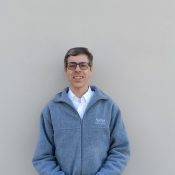
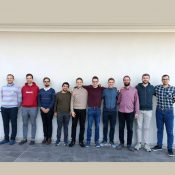
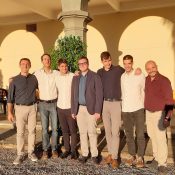
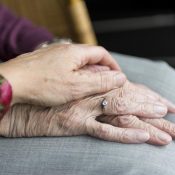

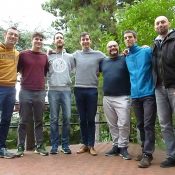

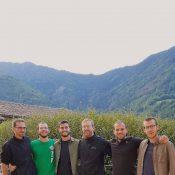
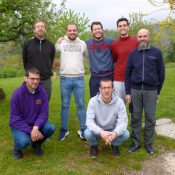
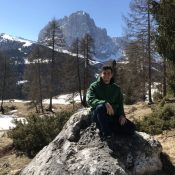
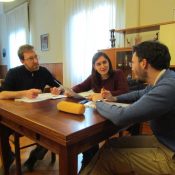

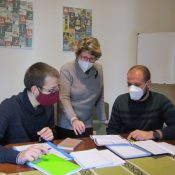
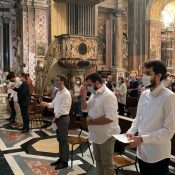
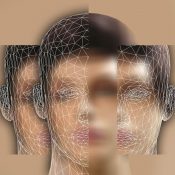
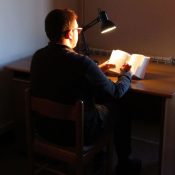
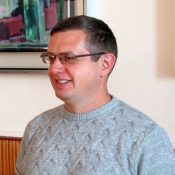
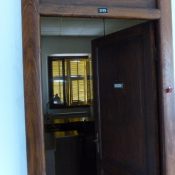
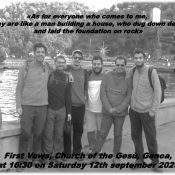


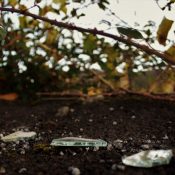
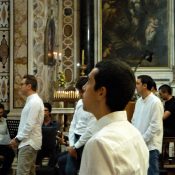
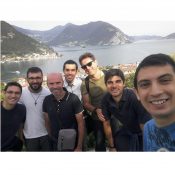



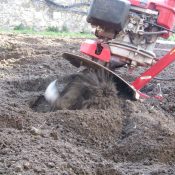
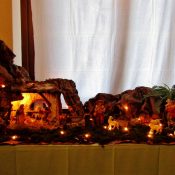
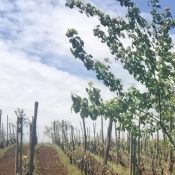

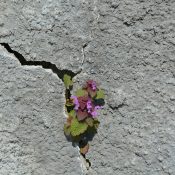
Comments